Blog
This blog entry is about a small side-project that I've been working on for the last 6-months. Only recently did I get my act together and write it up.
Essentially it is a way to burn how much charge you have put into a battery that is transportable, and shareable with others by using an immutable blockchain. The blockchain acts as the truthstream river, and the portable battery itself is the transport settlement layer of the electrons.
Located in Cloud Expo Asia, Chain of Things is excited about being part of Smart IoT Hong Kong - a brand new Internet of Things (IoT) event. Join us on 24th & 25th May 2017 at HKCEC, Hong Kong with the top business leaders from across organisations and sector already developing IoT strategies
Pavel Kravchenko, cryptographer, information security and blockchain systems expert, will give a talk on blockchain utility in banking in general and specifically in regard to openbankit.com . Pavel is the Founder of Distributed Lab, Co-Founder of Attic Lab, Vice Chancellor of Kharkov National University of Radio Electronics, and former Chief Cryptographer at Tembusu Terminals.
Most of the Chain of Things team turned out for our debut at the Smart IoT London 2017 event on March 15th and 16th at ExCel London event. CoTers there incuded Doug Irwin, Adam Vaziri, Conor Colwell, and Hans Lombardo. Our decision to partner with Closer Still Media turned out to be a resounding success based on the great deal of interest from attendees who came by our and booth and attended our presentations.
Professional services firm PwC has used news analysis to identify the top ten most influential technologies that combined form five game changing innovations.
Transparency Market Research predicts that the global blockchain technology market will grow at a CAGR of 58.7% from $315.9 million in 2015 to touch $20 billion by 2024.
Kadena’s Blockchain uses ScalableBFT to offer high-performance (8,000-12,000 transactions per second) with full replication and distribution at previously impossible scales (the capacity for more than 500 participating nodes). This, along with the multi layered security model and incremental hashing allow for a truly robust blockchain. Based on Raft and Juno, Kadena embeds a full smart contract language (Pact) into its blockchain that can be run as either public (plain text) or private (Double-Ratchet encrypted) transactions. It is a huge step forward in the blockchain space, possibly representing a new-generation of blockchain technology entirely by it’s introduction of the idea of “Pervasive Determinism.”
The blockchain is essentially a database shared across thousands of computers that is cryptographically secured. It is a natural evolutionary step from traditional centralized server networks to distributed computing. Every computer or device in a blockchain network receives an updated copy of the ledger, and any changes to the ledger are reflected in every copy in minutes or even seconds. Security is maintained cryptographically through keys, signatures and a consensus of validators.
A few weeks ago in Wanchai, Hong Kong, Chain of Things held its first Chain of Shipping conference. Designed to give professionals from the shipping industry and blockchain developers a view into the needs and possibilities that they respectively held, the day was a busy event with plethora of information provided from both sides – blockchain developers and members of the shipping industry.
In this investigation we look at the role of blockchain (and partly) IoT in removing barriers to adoption of solar energy. One barrier is that Green Investments lack transparency - blockchain offers a technology that enhances transparency. The second barrier is optionality available for producers of solar energy - blockchain addresses this by creating new incentives and by increasing the options available in terms of the disposal of excess energy produced.
The shipping industry has to address excess administration. Bills of Lading are paper based and fraught with forgery/fraud. Going digital is not feasible as the digital world is duplicable and the industry has to be able to accept the culture change. Bitcoin however creates the first unique digital file that is non duplicable. Blockchain combined with bills of lading could therefore provide the security needed for the industry to go digital.
Chain of Things, a Hong Kong-based blockchain and IoT startup, has received promotional support from the Hong Kong Cyberport, the Hong Kong Science and Technology Parks Corporation (HKSTP), and two shipping associations for its case study event on blockchain in shipping.
How to terminate an unsecure IoT device.
In our last post we talked about smart contract security. Our theory is that a community investment in smart contract security might lead to an IoT industry that can deploy devices with cheap but highly secure software. In our Chain of Security group we have looked into this area in more detail. Our partner Sensify said that the challenge with the recent DDoS attacks using IoT (Mirai attacks) is that they exploit the vulnerabilities in the firmware of the devices without changing the firmware.
Chain of Things Limited, a Hong Kong-based blockchain+IoT startup, is holding a case study event on 24th of November 2016 in the midst of the Hong Kong Maritime Industry Week. The goal of the case study is to examine the suitability of utilizing blockchain technology – the distributed network technology behind Bitcoin – to replace traditional paper-based trade documentation and secure electronic documentation against cybersecurity threats.
Guardtime and embedded authentication company Intrinsic-ID have announced a partnership to deliver customer solutions combining Intrinsic-ID’s SRAM Physical Unclonable Functions (PUFs) and Guardtime’s Keyless Signature Infrastructure (KSI) blockchain technology, providing scalable security and governance for the Internet of Things.
IBM this week revealed a USD200 million investment in the new global headquarters for its Watson IoT business in Munich as well as new IoT capabilities that utilize the IBM blockchain fabric.
Low security IoT is now no longer just a risk for the buyer, it is a risk for others as well. If I buy a low quality thermostat I am no longer only faced with the issue that it may not work because it is cheap, other people are also faced with the danger that it may go rogue and participate in a zombie device botnet surge.
This week we invite Blockchain specialist and strategy analyst from Chain of Things, Mr. Conor Colwell, to the show to discuss cryptography, security and IoT industries globally. Chain of Things is set up to explore all security applications within blockchain IoT and look at the development of open-standards for the industry to use. So sit back, press play, and dive in. (Repost from The Bitcoin Podcast)
Chain of Things is participating in Infocast's Blockchain World Congress 2016 as "Blockchain+IoT Partner" along with the associate initiative Solarcoin Foundation.
The month of August has seen several developments in the integration of blockchain and IoT that have included separate initiatives by Chronicled, Terepac and the Isle of Man government.
Bangalore-based management consultancy Zinnov has released a study that shows an overall global IoT technology spend stands at USD 120 billion in 2016 that is expected to grow to USD 253 Billion.
Hyperledger, a Linux Foundation open source project for advancing blockchain technology, recently announced that Airbus has joined as a premier member of the project. As a Premier member, Airbus can actively contribute to the development of the project’s mission to create an enterprise grade, open source distributed ledger technology.
Some Australians may soon be able to use blockchain technology to buy, sell or swap excess solar energy with anyone connected to the countries Western Power network, if the trials prove successful for the Perth-based startup Power Ledger
R3 and 15 of its consortium member banks have successfully completed two prototypes that demonstrate how distributed ledger technology can address the key challenges facing the USD 45 billion global trade finance industry.
A report titled ‘Smart Contract Templates: foundations, design landscape and research directions’ was published recently, examining some areas of focus and interest for the future of smart contracts. Christopher D. Clack Centre, Blockchain Technologies Department of Computer Science at University College London; Vikram A. Bakshi and Lee Braine from Investment Bank CTO Office at Barclays, covered a framework for smart contracts with both operational and non-operational aspects.
One of the areas that could have significant potential for blockchain-enhanced IoT tech is facilities management. The advent of smart cities and intelligence buildings is transforming the facilities management and maintenance industry, applying new technologies to enhance operations, safety, security, and customer experience. This will require usage of a multitude of sensors and devices for the many different areas of facilities operation.
Last week, at a GSMA event in Tanzania, Chain of Things (CoT) revealed how it is using blockchain technology to enhance the security of Internet of Things (IoT) devices. Conor Colwell, COO & Co-Founder, was invited to speak to the Mobile for Development (M4D) Utilities Africa Working Group, held on 24th and 25th of July 2016 in Dar es Salaam, Tanzania.
A decentralized payment system is likely a key technological innovation that will enable new ways for machines and computers to interact with each other. The possibilities offered by programmable money and the use of distributed networks to offer on-demand computer power have the potential to bring a boost in efficiency by reducing machine idleness in exchange for fees."
Our technology builds upon Blockchain to allow non-financial institutions to invest and fund a manufacturing contract, to maintain the record of past performance and provide it transparently to the ultimate buyer who quickly can become aware of any delays or issues down the chain, and to enable SMEs (Small and Medium Enterprises) to raise funds for manufacturing on the basis of the purchase order they managed to solicit.
-
RT @PerformLine: Excited to Hans Lombardo, CMO of @BlockpassOrg, join our #speaker line-up at our #COMPLY2018… https://t.co/DSUv2Z7BXG
-
RT @BlockpassOrg: only a few days left to register for our launch as we celebrate the release of our @BlockpassOrg… https://t.co/fRMWFpPKmh
-
RT @Coinfirm_io: The #Blockchain event #LondonBlock is back! Created by @Coinfirm_io speakers include @BlockpassOrg @InfinitoWallet… https://t.co/wVFyfdThmu
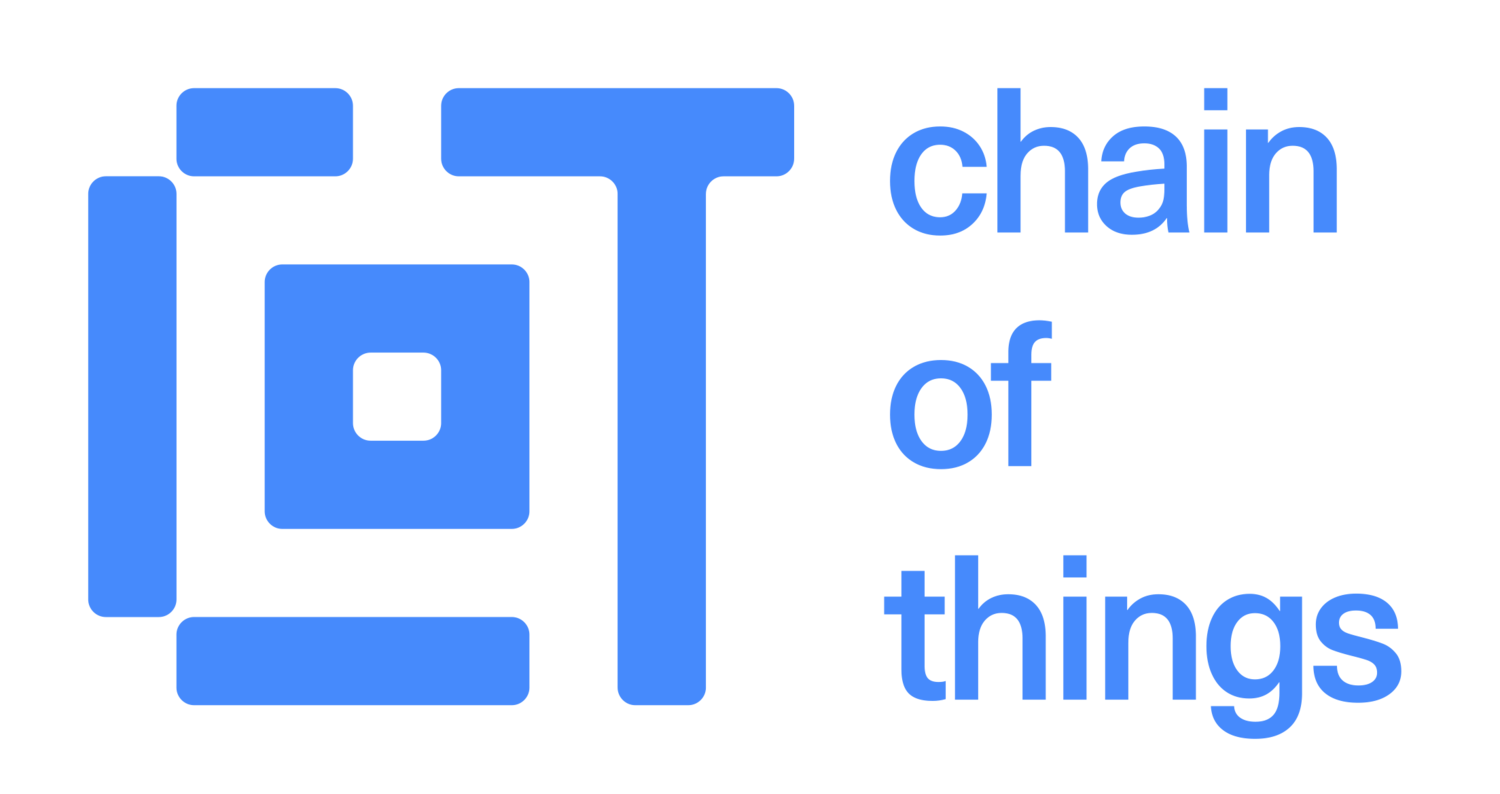
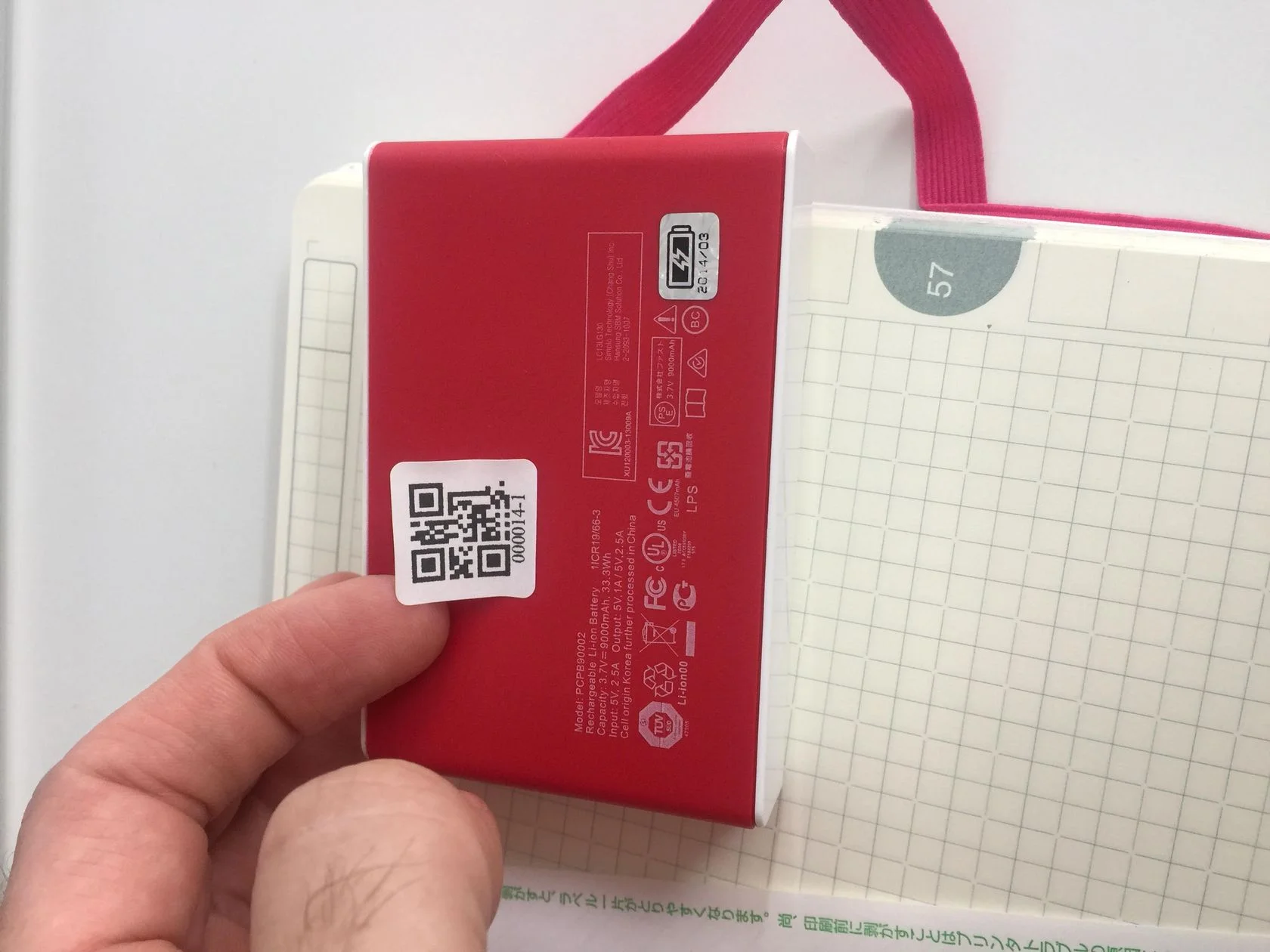
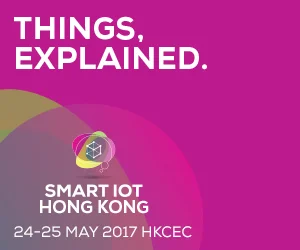



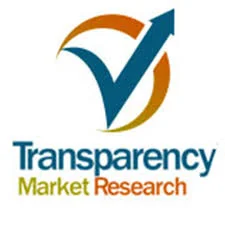



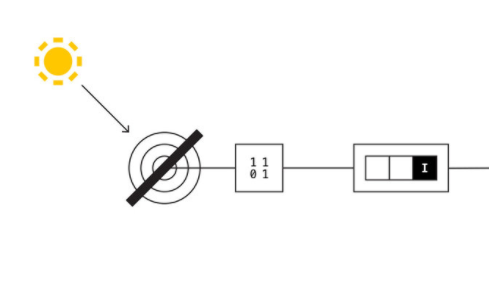

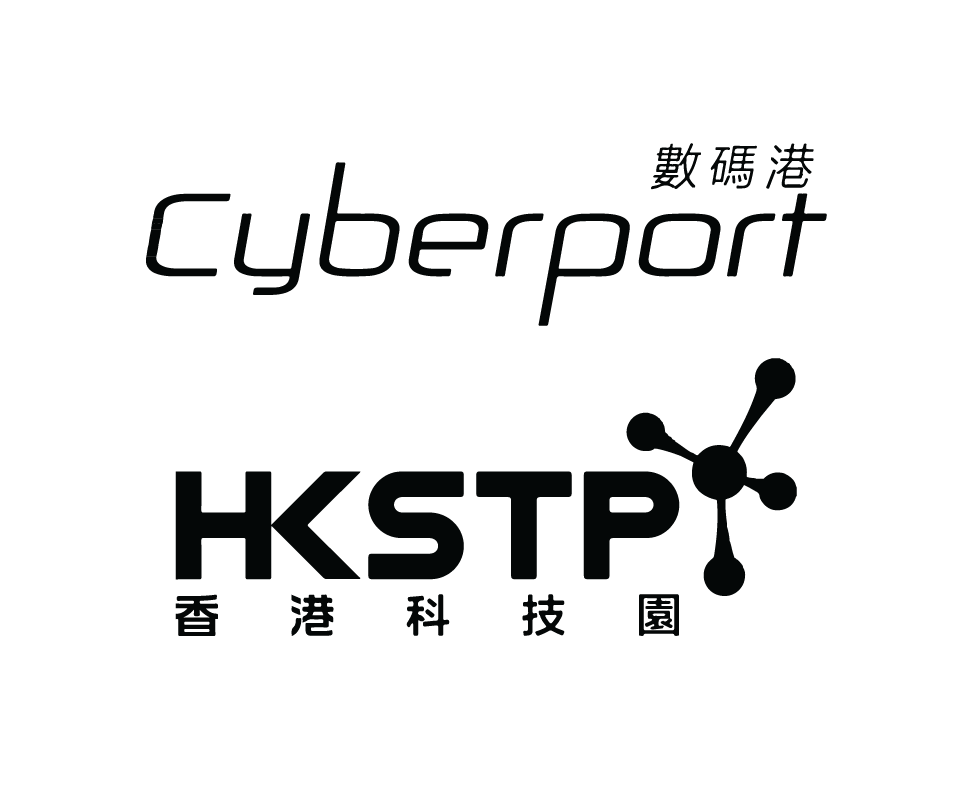



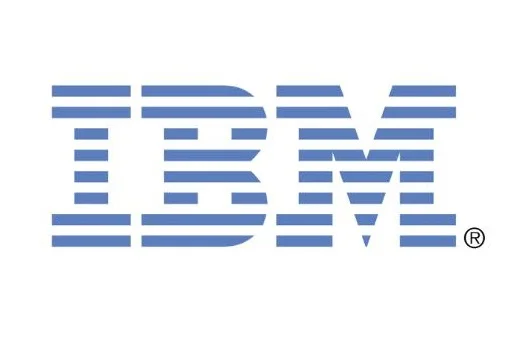
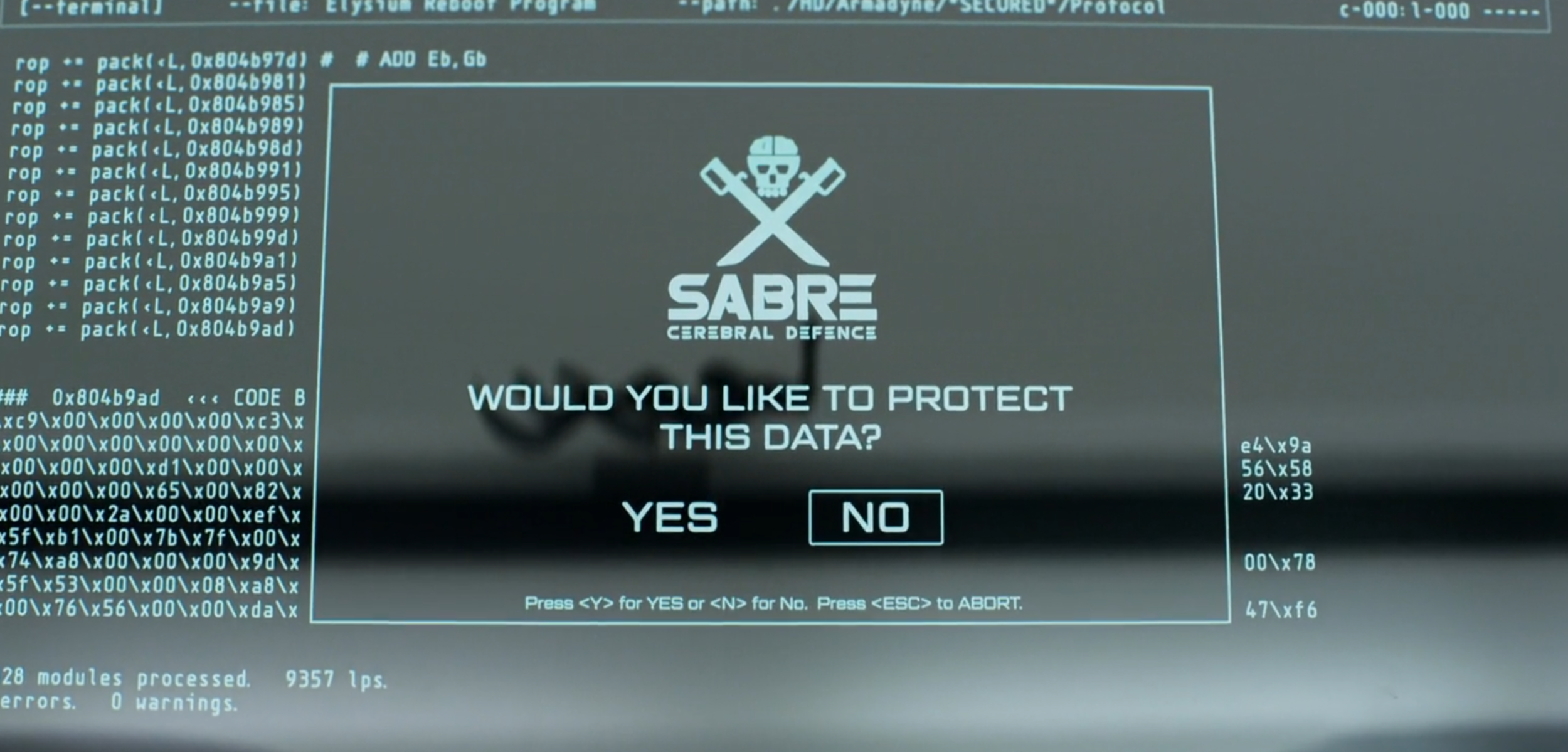

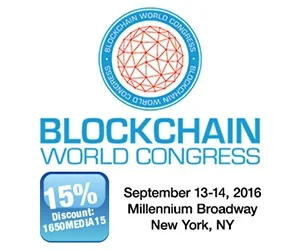


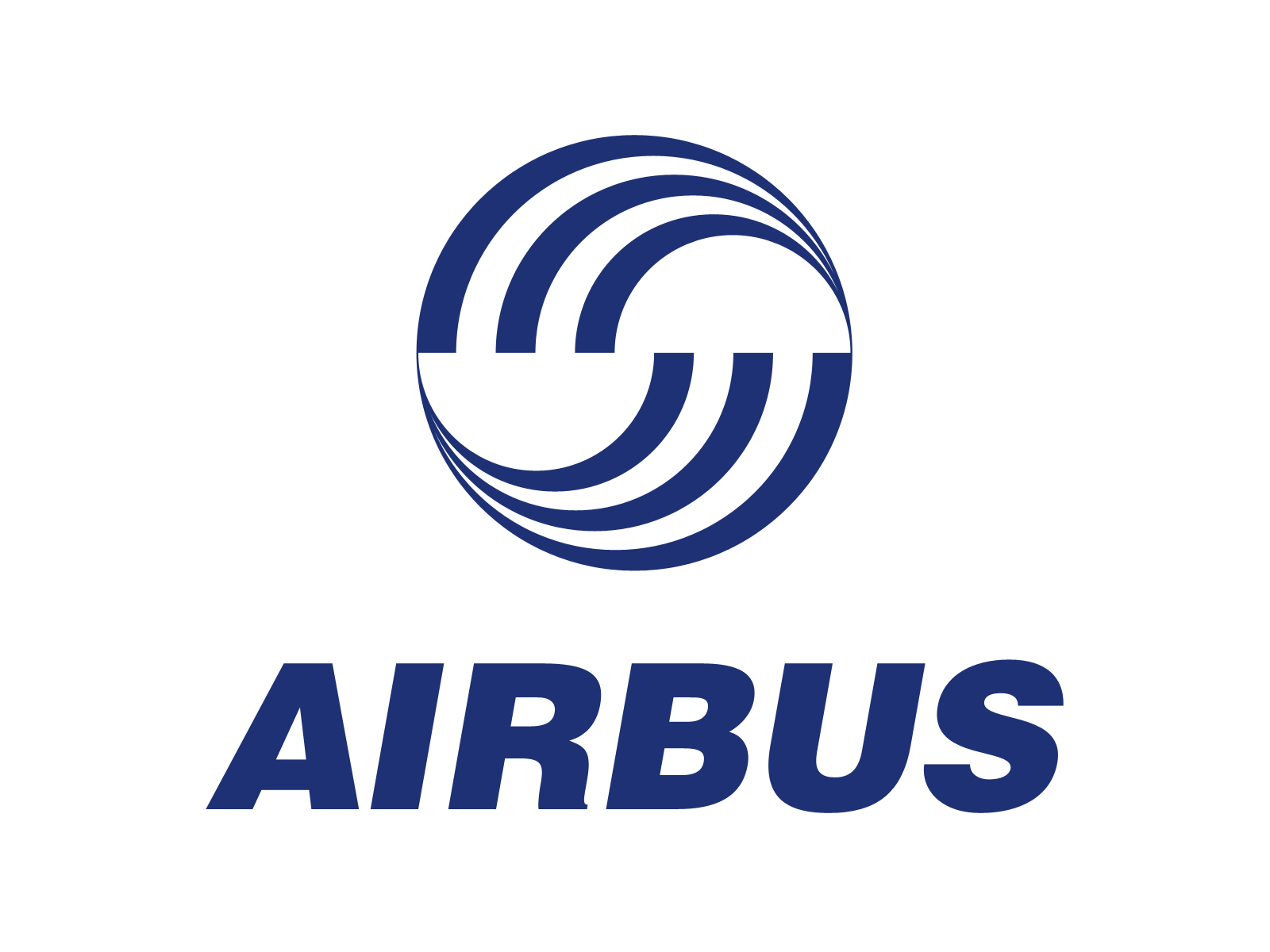

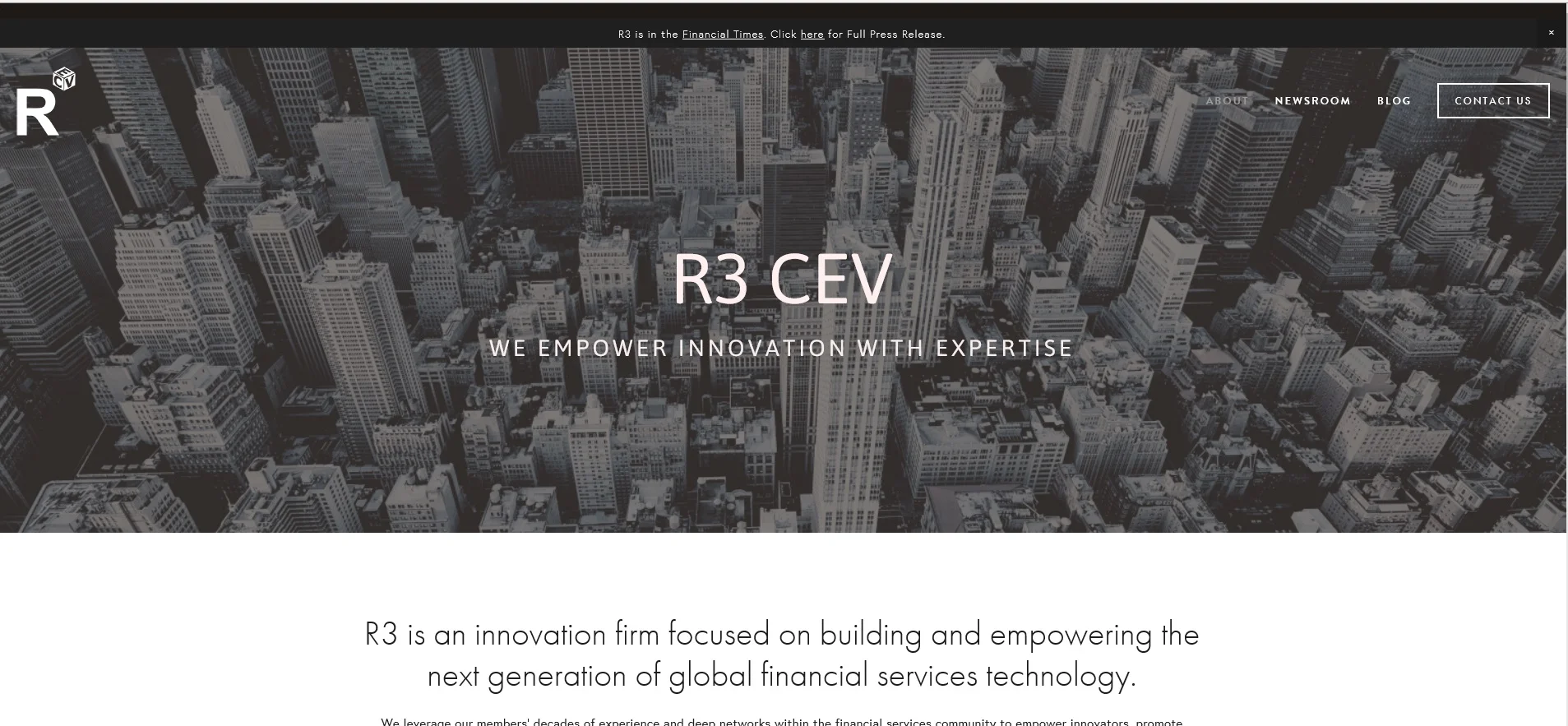



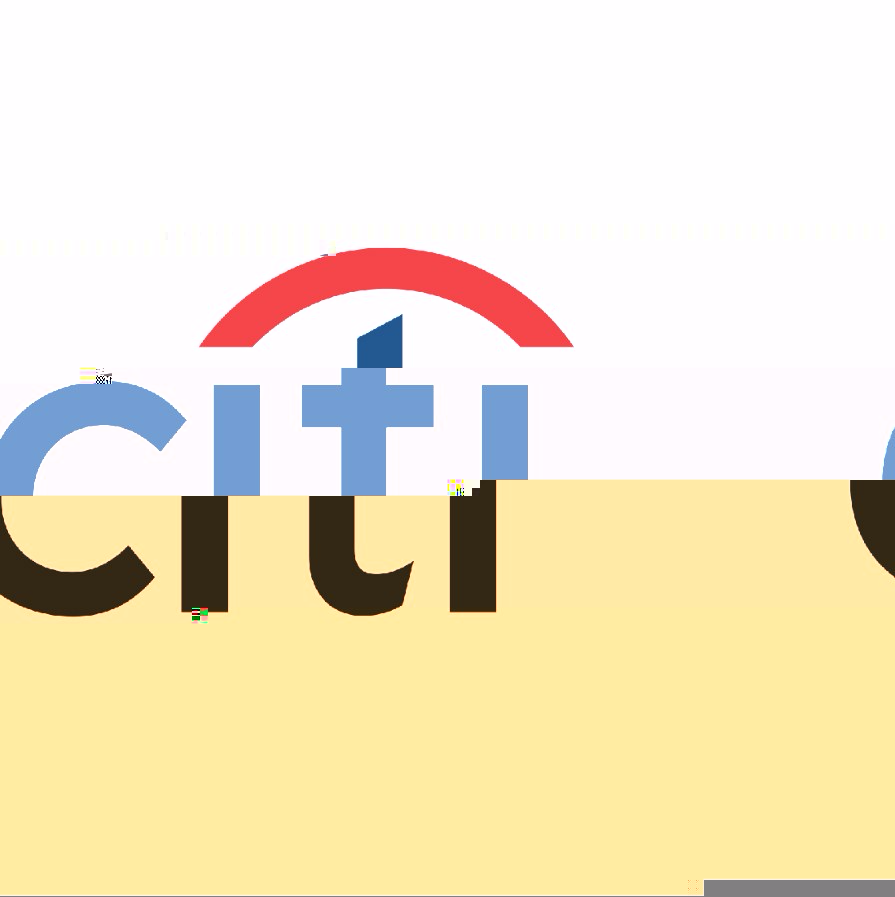


Blockpass and Chain of Things recently attended the Smart IoT Singapore conference to help promote the joint venture focused on the connection of human, company, and device identities. While the immediate focus of Blockpass is the development of a KYC/AML whitelist platform to support the compliant evolution of the blockchain, ICO, and fintech ecosystems, its origin and long term goals are founded in IoT and device identity.